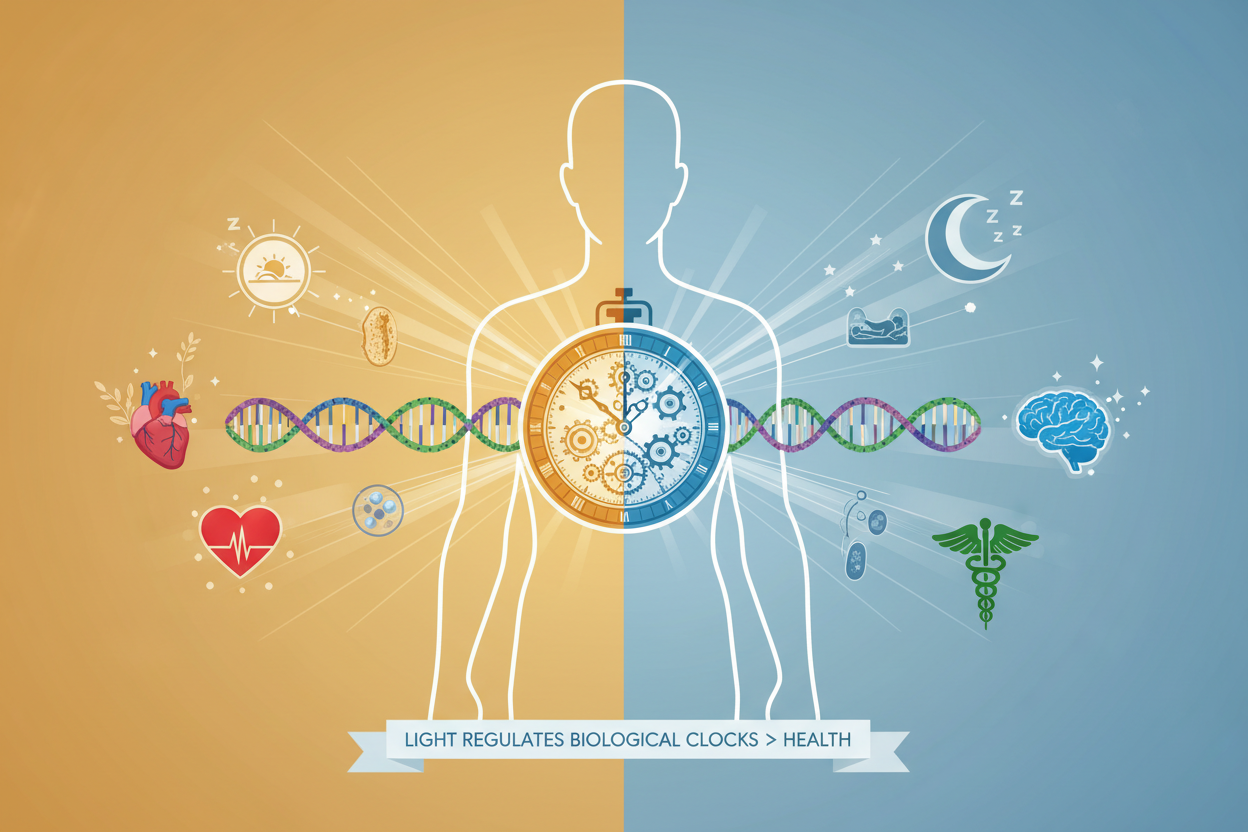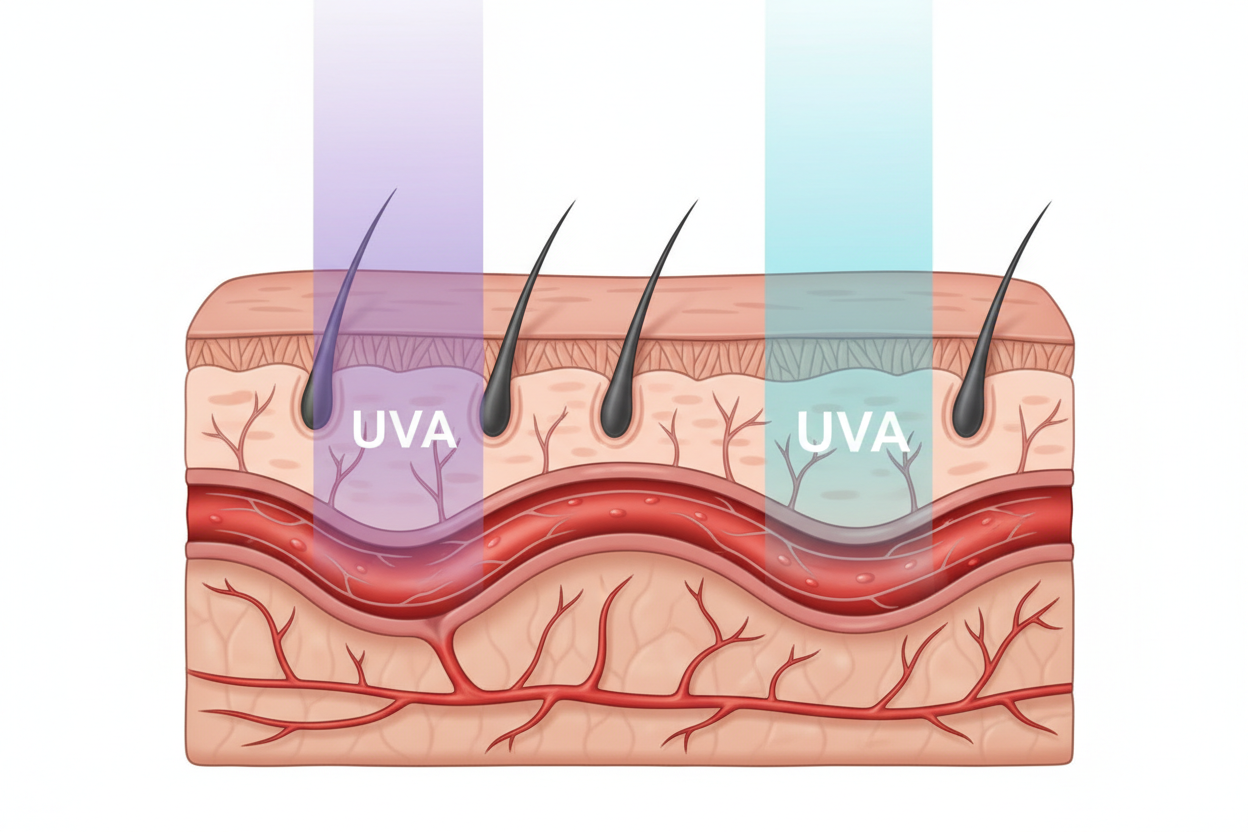Deuterium and its distribution
Deuterium, a heavy isotope of hydrogen, naturally occurs in water and affects everything from photosynthesis to mitochondrial energetics. Its concentration increases closer to the equator and is lower at polar latitudes, which directly impacts agricultural products grown in these areas. Plants irrigated with water high in deuterium accumulate this isotope, leading to higher energy demands for their metabolism in the human body.
Energy Implications of Consuming Deuterium-Rich Foods
Consumption of fruits and vegetables from equatorial regions, especially during winter in temperate zones where sunlight is weak and there is little UV radiation, presents an energy problem:
- High intake of deuterium:Tropical fruits and vegetables contain higher levels of deuterium, which burden mitochondrial functions, slow down energy processes, and increase ROS production, leading to disruption of cellular health.
- Lack of compensatory UV radiationIn the winter months in temperate latitudes, UV exposure is limited, which reduces the body's ability to effectively regulate and metabolize deuterium. The lack of UV radiation means that the body does not have sufficient conditions to optimize photosensitive reactions that could help reduce the impacts of deuterium.
Strategie pro minimalizaci negativních dopadů deuteria
1. Seasonal and local consumption:Avoid consuming imported fruits and vegetables from areas with high deuterium content, especially during the winter months. Prefer locally grown and seasonal foods that are naturally irrigated.
2. Increased exposure to natural light:
Take advantage of every opportunity for exposure to natural light, especially in the spring and summer months when UV radiation is more intense, which helps the body better process deuterium and supports mitochondrial health.
3. Hydration with low-deuterium water:Where possible, drink water with a lower deuterium content, which may help reduce the overall body burden of deuterium and support energy efficiency.
This comprehensive view on the issue of deuterium in the food chain and its relationship to the light environment offers a coherent framework for understanding and managing the energy and health consequences of our dietary choices, especially in the context of quantum biology and bioenergetics.





Leave a comment
This site is protected by hCaptcha and the hCaptcha Privacy Policy and Terms of Service apply.